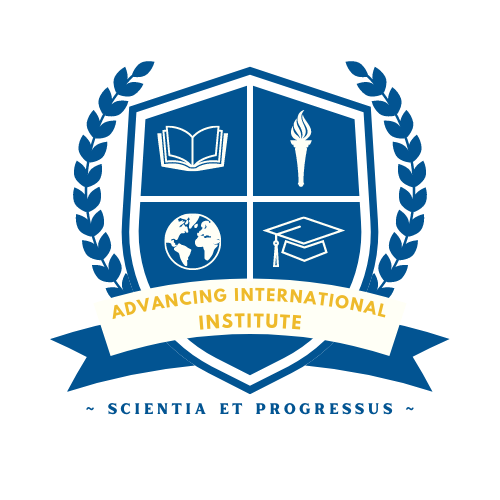Introduction
In this lesson, we will explore various techniques for refining your initial ideas to maximize their impact. Refinement is a crucial step in the idea development process as it helps you overcome limitations and enhance your concepts. By balancing creativity and practicality, you will be able to generate improved versions of your ideas that are feasible and effective.
Understanding the Refinement Process
Before we dive into the techniques, let’s understand the importance of idea refinement. Refinement is the process of critically evaluating and improving your initial ideas through feedback and iteration. Ideas are rarely perfect from the start, and refining them allows you to uncover their full potential and increase their impact.
Key Points:
- Refinement is the process of improving initial ideas through feedback and iteration.
- Ideas evolve and improve over time through critical evaluation and adjustments.
- Idea refinement is crucial for maximizing the impact of your concepts.
Techniques for Idea Refinement
Now let’s explore some effective techniques for refining your ideas.
1. Brainstorming
Brainstorming is a powerful technique for generating new and improved ideas. In a group setting or individually, you can free yourself from constraints and let your creativity flow. Write down all ideas, no matter how wild they may seem. Later, you can evaluate and refine these ideas.
2. SWOT Analysis
SWOT Analysis stands for Strengths, Weaknesses, Opportunities, and Threats. By analyzing these four aspects of your idea, you can identify areas for improvement. Build on your strengths, address your weaknesses, exploit opportunities, and mitigate threats to refine your concept.
3. Mind Mapping
Mind mapping is a visual technique for exploring different dimensions of your idea. Start with a central idea and branch out to related concepts, potential improvements, and alternative approaches. Mind mapping helps you see the bigger picture and stimulates creative thinking.
4. Prototyping
Creating a prototype allows you to explore your idea in a tangible form. Whether it’s a physical model, a digital mock-up, or a storyboard, prototyping helps you identify flaws, test feasibility, and iterate upon your initial concept. It provides valuable insights for refinement.
5. Role Play
Role-playing is an interactive technique that allows you to test and refine your idea in action. Enact different scenarios or personas related to your concept to identify strengths, weaknesses, and areas for improvement. Role-playing helps you explore practical aspects and uncover potential challenges.
6. Storytelling
Storytelling is a powerful technique for refining your ideas by framing them in a narrative. Craft a compelling story that communicates the essence of your idea, its benefits, and its impact. Storytelling helps you clarify and refine your concept while engaging your audience’s imagination.
Balancing Creativity and Practicality
When refining your ideas, it is important to strike a balance between creativity and practicality. While it is essential to explore innovative and bold solutions, you must also consider feasibility and practical aspects. Here are some strategies to help you achieve this balance:
- Prioritize: Identify the core elements and objectives of your idea. Focus on refining those essential aspects that will have the most impact.
- Evaluate Constraints: Consider the limitations, resources, and constraints within which your idea needs to operate. Refine your concept while taking these factors into account.
- Seek Diverse Perspectives: Obtain feedback and input from a diverse group of people. This will help you gain multiple perspectives, challenge assumptions, and refine your idea with a broader understanding.
- Test Assumptions: Identify the assumptions underlying your idea and critically analyze them. Conduct research, gather data, and validate your assumptions to refine your concept based on evidence.
Remember, the goal of balancing creativity and practicality is to create ideas that are not only innovative and impactful but also feasible and implementable.
Conclusion
In this lesson, you have learned various techniques for refining your initial ideas. By applying brainstorming, SWOT analysis, mind mapping, prototyping, role play, and storytelling, you can enhance and iterate upon your concepts. Additionally, by balancing creativity and practicality, you can ensure that your refined ideas are both innovative and feasible. Refinement is a critical step in the idea development process, and by using these techniques, you can maximize the impact of your ideas.


